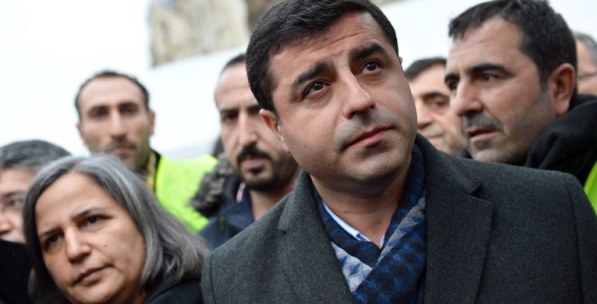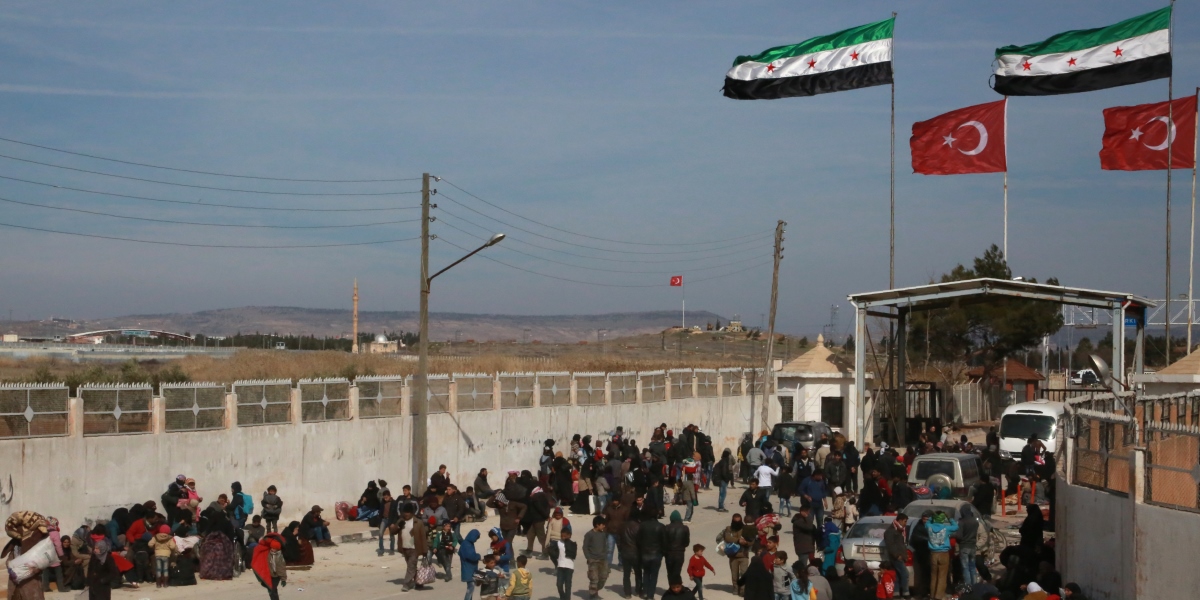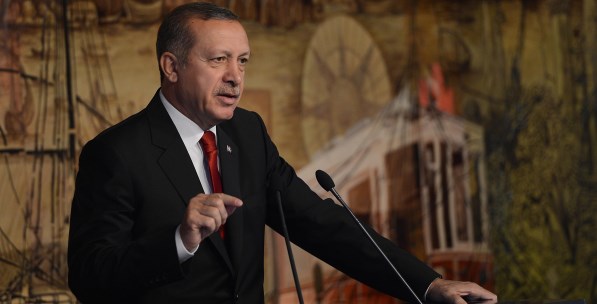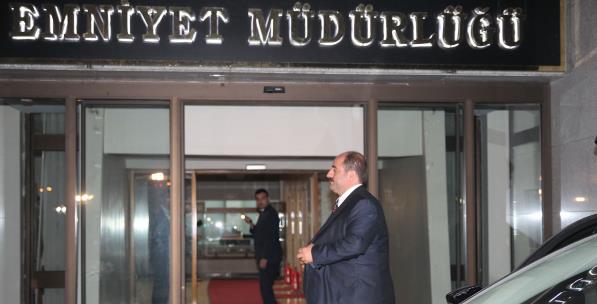The 2013 democratization package was a turning point for the Kurdish issue and the outlawed Kurdistan Workers’ Party (PKK). It is clear that the Peace and Democracy Party (BDP), which dismissed the reform package with the sleight of its hand, is not contributing to democratization. The Kurdish political movement, which has suffered from the most frequent party closings, surprisingly, did not support the Justice and Development Party’s (AK Party) initiative to abolish the practice of party closings in the 2010 constitutional referendum.
The Kurdish political movement did not even realize that it was creating a world of the “Kurdish issue” for itself. This world is built on the perception that the Kurdish issue is a never-ending issue that will never get resolved. And when ordinary citizens’ problems relating to their Kurdish identity were resolved, the Kurdish political movement felt the lack. It is precisely for this reason that as the Kurdish issue progresses towards a solution, instead of breaking away from the PKK’s tutelage, it is becoming a footnote to it. In other words, as one Kurdish issue is being resolved, another is being created. The new Kurdish issue is nothing but “the PKK’s Kurdish issue.” These two Kurdish issues are ontologically different from each other, to the extent that even the PKK does not care much about resolving Turkey’s Kurdish issue. The PKK seems determined to replace the Kurdish issue, the resolution of which threatens its existence, with another one. Turkey is not foreign to this situation. After the tutelage regime was forced to retreat over the last few years, the military and the judiciary went through a similar phase. In the end, the 50-year establishment was not able to withstand the strong wave of democratization.
As the problems stemming from the Kurdish issue were being resolved with progress made on democratization, the Kurdish political movement’s vision was expected to resonate with Turkey at large. Unless the PKK existentially transforms and decides on disarmament, this expectation will remain nothing but a naïve belief. The PKK is an organization that not only reads the Middle East anachronistically, but is not interested in Turkey’s democratization. This may result in all Kurds in the Middle East paying the price for the failure of the Kurdish political movement in Turkey to develop a democratic vision. At this point, just how influential Abdullah Öcalan will be on this issue is debatable. Unless the Kurdish political movement notices that the PKK is a burden both in Turkey and in the Middle East, this vicious cycle will continue.
The PKK believes that Kurds gained their rights as a result of the armed struggle it carried out. However, if only the PKK could manage an honest self-reflection, it would see a different picture. The Kurdish political movement, by taking up arms, not only delayed Kurds from finally claiming their rights, but it delayed democratization in Turkey for at least 20 years by legitimizing military tutelage on the grounds of the “struggle against terror.” It is high time that the Kurdish political movement bravely asked the difficult questions and made difficult decisions.
[Hurriyet Daily News, October 11, 2013]









